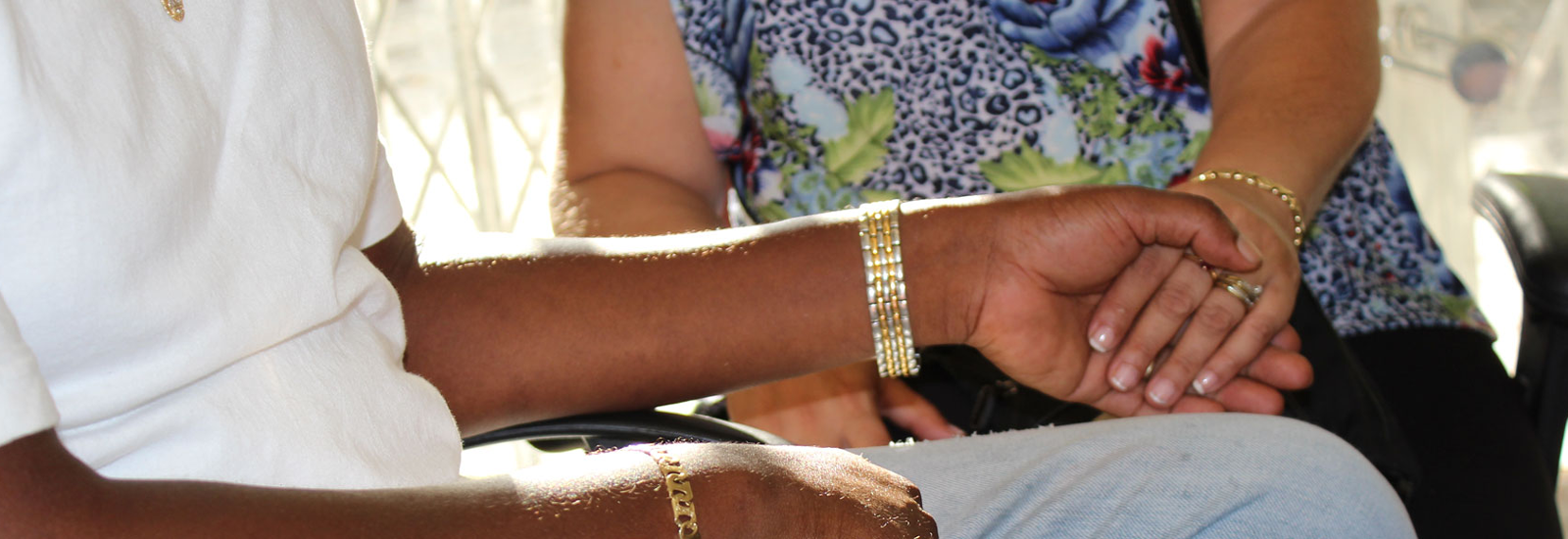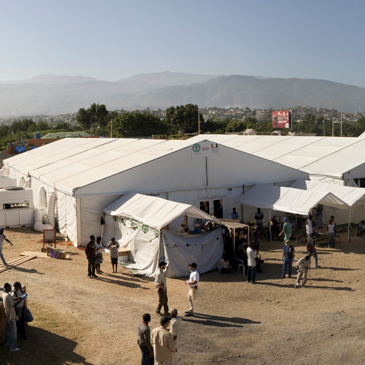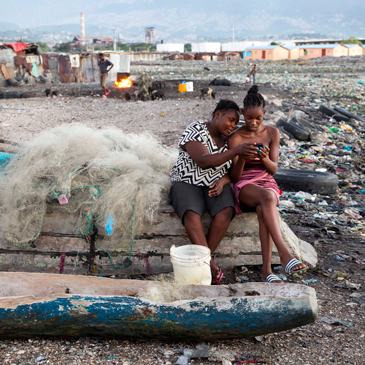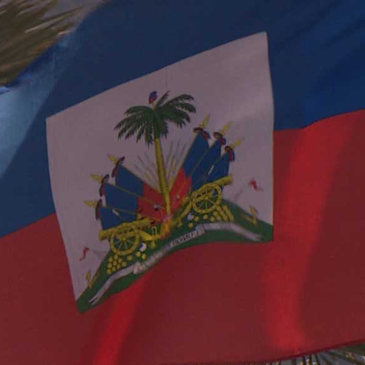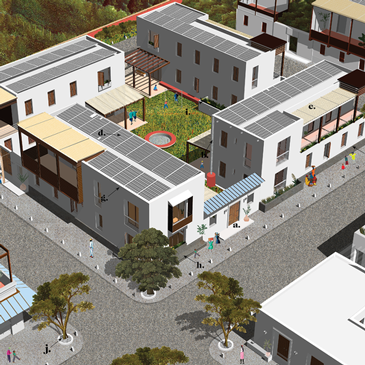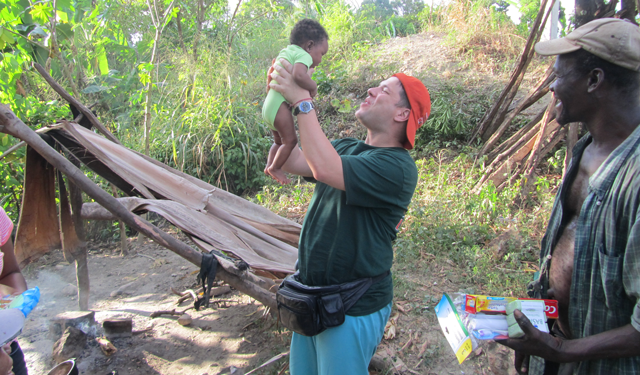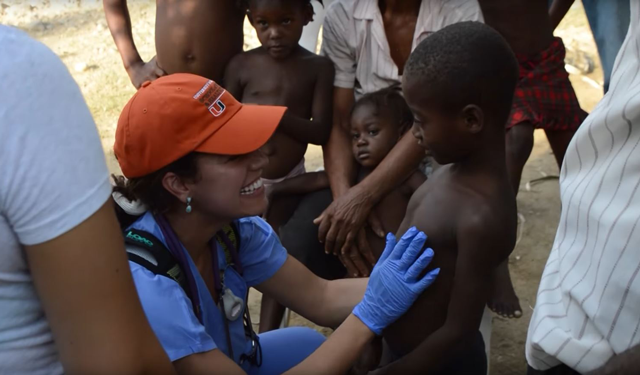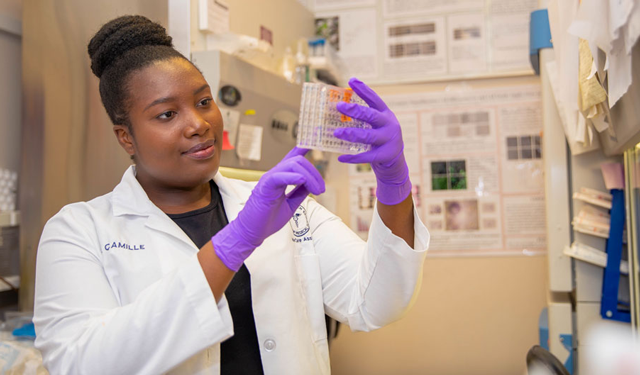So that’s when Newman, a professor of clinical legal education, and her students took up the mantle again, reviewing hundreds of cases from their 2010 TPS filings to see if they could find other legal avenues to keep their clients from being sent back to Haiti.
“It might have been something we missed or something that changed over the last ten years—a client who married a U.S. citizen, or a client with a U.S. citizen child who has reached the age of 21 and could petition for their parent. We’ve had some success,” said Newman, noting her clinic has succeeded in obtaining better status for a number of clients.
At any one time, her students are working anywhere from 20 to 25 cases.
“It’s not the big numbers, nothing close to the hundreds of cases we took on ten years ago,” said Newman.
But the cases are labor-intensive, often requiring her students to file numerous briefs and appeals in what seems like an endless legal process.
Such as Franck’s case, which Parrado has worked on for the past year. He’s been denied TPS status a number of times, but Parrado continues to plead his case.
“It’s been like a game of volleyball,” she said. “We ask [the courts] to reconsider, they say no but tell us we have 30 days to appeal, then they say no again.”
Then there is the case of Andre, a 60-year-old unskilled laborer who has been unable to get temporary protected status because of a conviction of felony littering on his record—he had been working on a construction job and left debris at a dump site.
“We’ve had him under an order of supervision, which is basically a probation order,” said Newman. “But after Trump came in, they were taking people like him into custody, saying they are criminals and needed to be deported. Every year we renew his order of supervision and file a motion to cancel, which doesn’t go anywhere, but it keeps his case alive. If he’s sent back to Haiti, he would surely perish” because he is in ailing health.
“That’s why it is critical that his stay of removal be renewed so that he can continue to access the life-saving medical care that he receives here in the United States,” said clinic law student Edgar Perez Figueroa, who has been working on Andre’s case since November.
Andre and other clients represented by the Health Rights Clinic are different from other immigration clients because they are fighting serious medical conditions. Most receive care at the University of Miami/Jackson Memorial Medical Center, with which Newman’s clinic has a longstanding attorney-client and referral relationship.
Thirty-six-year-old Mirielle is another of the clinic's clients. She was orphaned as a little girl in Haiti and came to the U.S. in the mid-1980s with her brother. With assistance from the Health Rights Clinic, she obtained temporary protected status in 2010 and has renewed it ever since.
Now, second-year law student Anne Kotlarz is helping Mirielle, who received a heart transplant in 2018, achieve a bigger goal: permanent residency status. Because of her strong ties to the U.S.—she married a U.S. citizen and has a daughter through that bond—Mirielle will most likely obtain it, Kotlarz believes.
Kotlarz has grown close to Mirielle, meeting her husband and daughter and driving her to her doctor appointments.
“We text and talk on the phone a lot,” said Kotlarz. “It’s the kind of relationship I don’t think I would have ever been able to experience in any other extracurricular law school activity.”
With the federal government extending TPS for Haitians and some other immigrants until 2021, Haitian clients of the School of Law’s Health Rights Clinic have breathed a little easier. But they are still up against the brink, said Newman.
“When we did TPS back in 2010, it never occurred to me that within ten short years it could possibly be canceled,” she said. “Haiti has not recovered. Haiti may never recover. To tell a community that’s vulnerable and frightened that you’re going to send them back to a place that doesn’t have resources is unbelievably terrifying and cruel. I’m hoping there’s someone with compassion for impoverished immigrants who are contributing to our society who will re-think this.”



